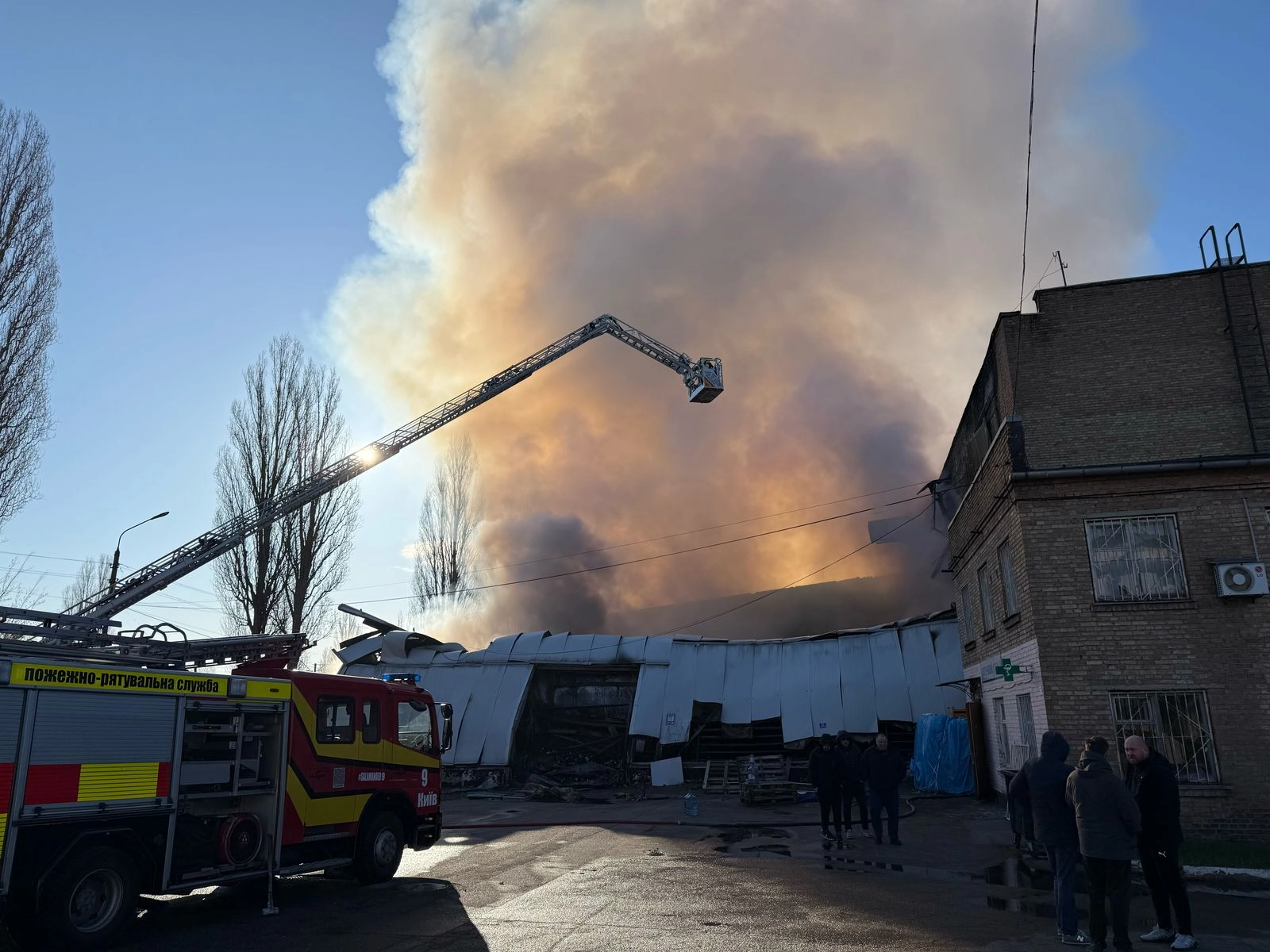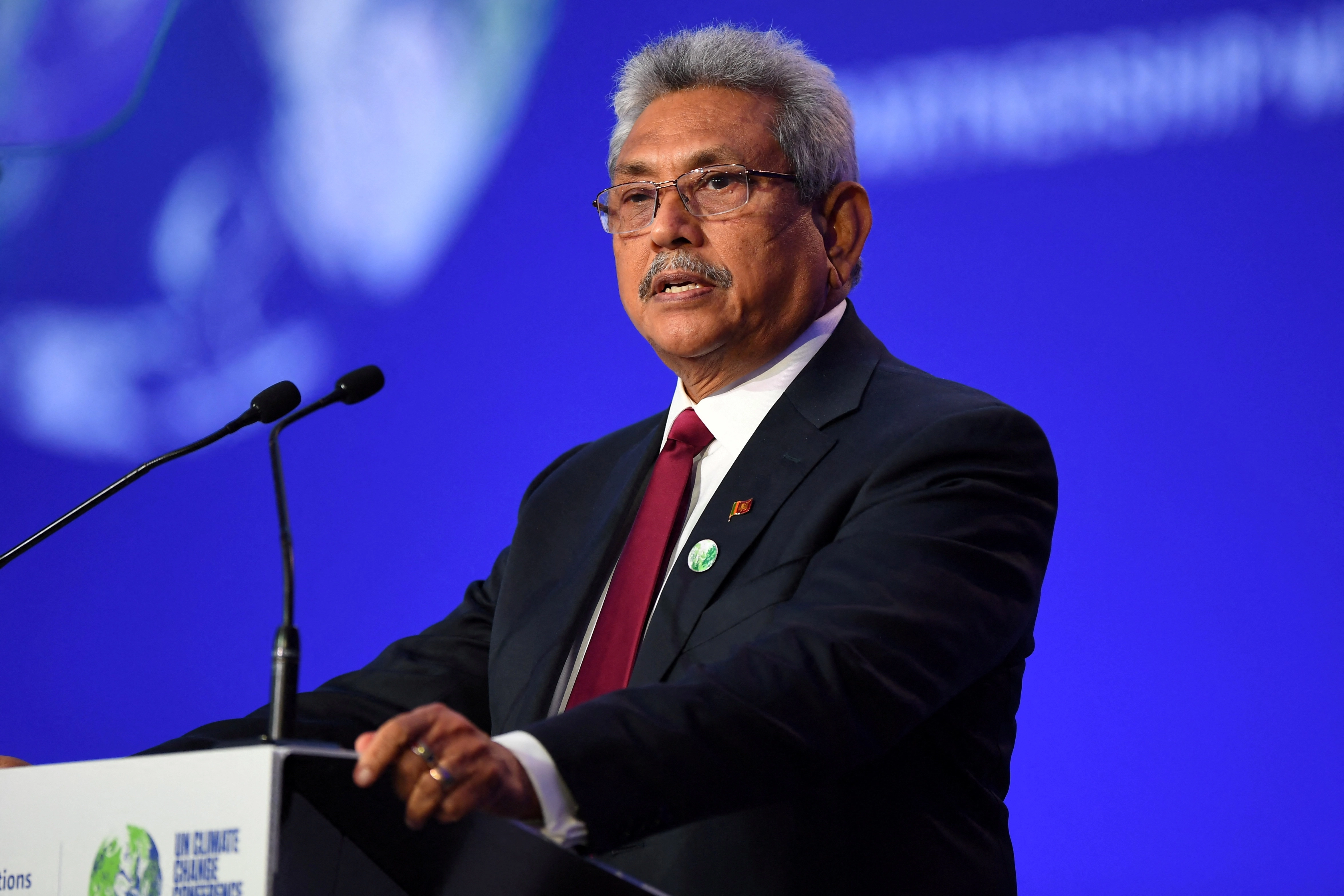In a significant escalation of hostilities in the ongoing conflict in Ukraine, a Russian missile strike recently targeted a warehouse belonging to an Indian pharmaceutical company located near the city of Kyiv. This incident underscores the broader implications of the war, which has seen various international businesses caught in the crossfire. The attack reportedly resulted in considerable damage to the facility, which was primarily used for storing medical supplies and pharmaceuticals meant for distribution within Ukraine and potentially to other regions facing healthcare challenges.
The Indian firm, which has operated in Ukraine for several years, has been a vital player in the local healthcare landscape, providing essential medications and medical products. The strike not only threatens the operational capability of the company but also raises concerns about the safety of international businesses in conflict zones. It highlights the risks that foreign entities face when they operate in regions affected by military actions, as the unpredictability of warfare can directly impact their operations and the welfare of local populations reliant on their products.
Moreover, this incident reflects the broader geopolitical ramifications of the conflict, as it draws attention to the interconnectedness of global economies. The attack on the Indian pharmaceutical warehouse may provoke a response from India, given its interest in protecting its nationals and businesses abroad. This situation could lead to increased diplomatic tensions and a reevaluation of how countries engage with the conflict in Ukraine. Additionally, it raises questions about the adequacy of international protections for companies operating in war-affected areas, pushing for a conversation on the need for enhanced safety measures and support for businesses caught in such precarious situations.
In the aftermath of the strike, the response from the international community will likely be critical. Calls for accountability and condemnation of the attack on civilian infrastructure are expected, as it aligns with broader concerns regarding the targeting of non-combatant assets during wartime. As the situation develops, it will be essential for the global community to monitor the implications of such attacks on international business operations and the humanitarian consequences that arise from the ongoing conflict. The incident serves as a stark reminder of the challenges faced by companies operating in volatile environments and the urgent need for robust mechanisms to safeguard their interests and the welfare of those they serve.




